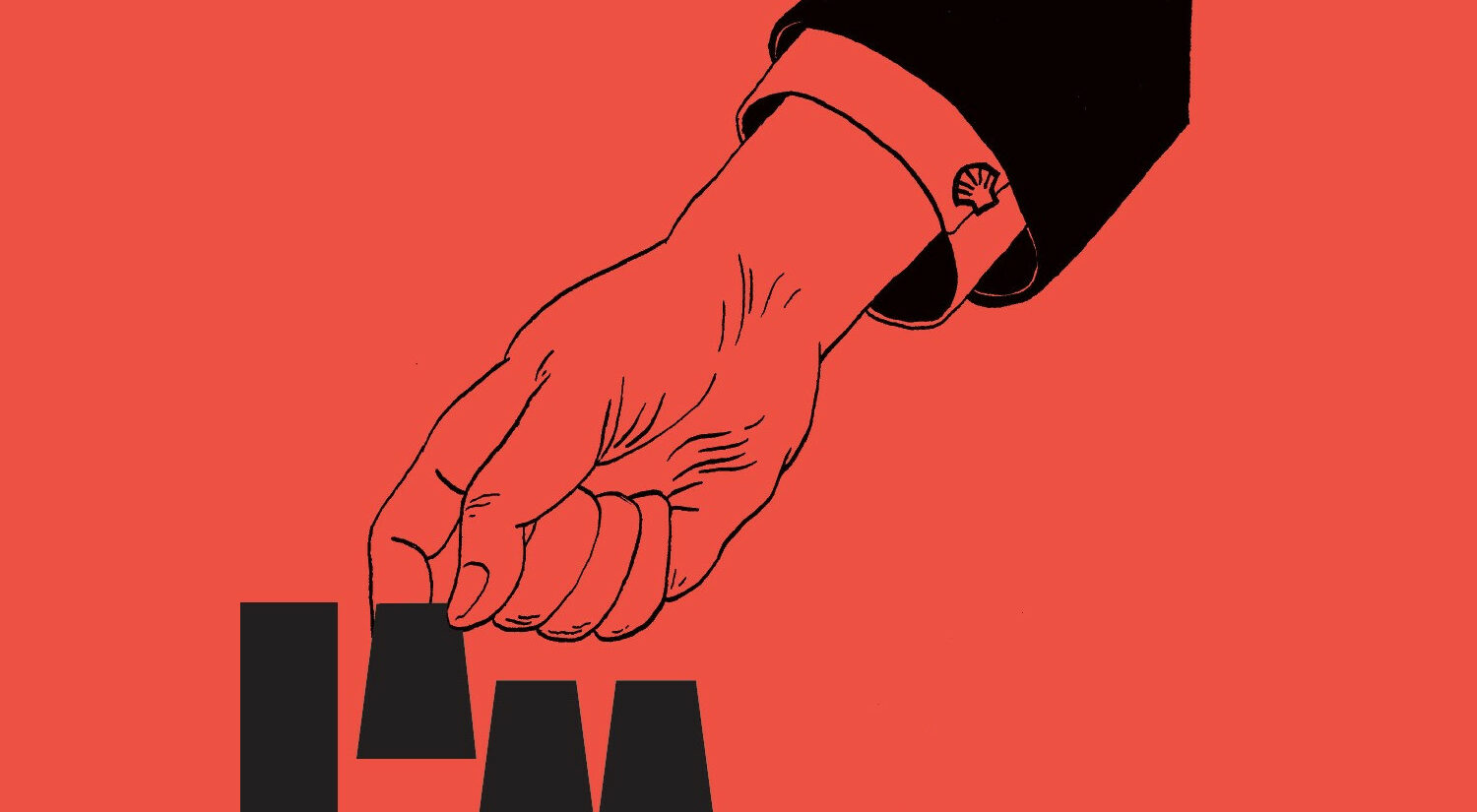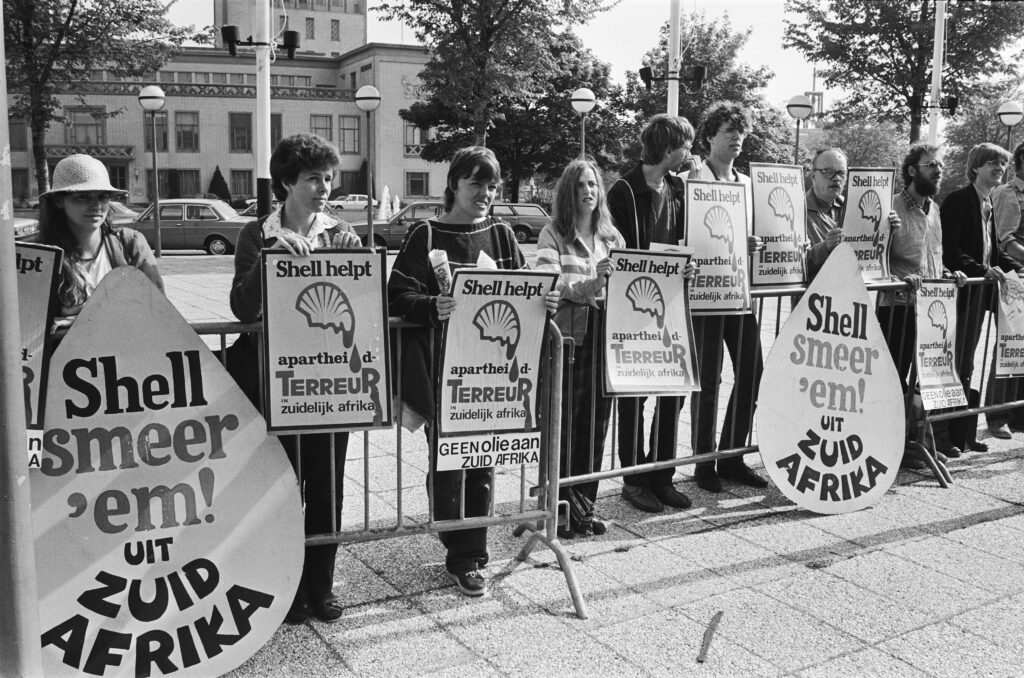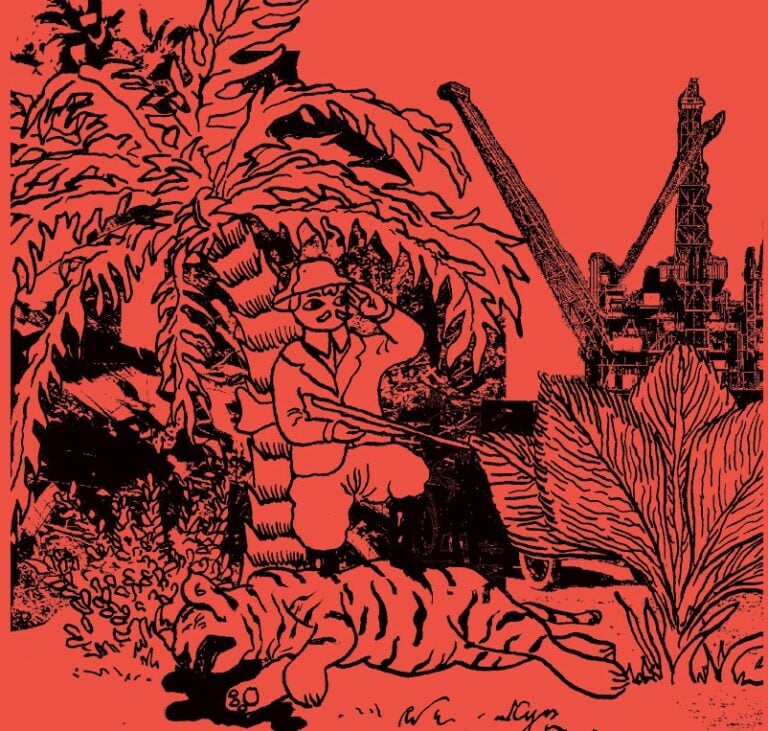
Shell incapable of meaningful role in energy transition




Shell will fail to achieve even the most modest climate targets if it is not forced to make immediate structural changes, SOMO concludes in its report Still playing the Shell Game. The report identifies four major obstacles that prevent the company from playing any credible part in the fight against global warming. Most importantly, the report criticises the oil company’s poor financial management which keeps it dependent on fossil fuels and locked into maximising profits.
Well-known for keeping its shareholders happy, Shell spent $237 bn on share buybacks and dividends in the first two decades of the 21st century alone, accruing far more debt than its competitors. Meanwhile, Shell still invests in fossil fuels, parks its profits in tax havens, and artificially pumps up its own value by refusing to write off oil reserves as ‘stranded assets’.
Setting the wrong priorities
Ilona Hartlief, Researcher at SOMO: “Shell could have chosen to invest those billions of dollars in sustainable energy, and preparing the company for the just energy transition the world urgently needs. Every dollar spent on exorbitant payouts to executives and shareholders, or shifted to tax havens, was a dollar not spent on providing a decent wage, or retraining workers for climate resilient jobs, or cleaning up oil spills, or compensating communities, or achieving the target of zero emissions over the next 50 years.”
The report argues there is little reason to believe that Shell will change its ways. Hartlief: “Even in Shell’s most positive scenarios, global oil and gas consumption will only decrease by 7 and 15 per cent respectively, by 2050.”
Colonialist and democracy-undermining
The report reveals how the history of Shell – the world’s seventh biggest CO2 emitting company since figures began in 1965 – is heavily rooted in the violent colonialism of the Dutch state. The company has grown on the back of oil reserves extracted from colonised territories, and shown no qualms about fuelling, and engaging in, violent events. “The remnants of this colonial history are still very much visible in today’s intimate ‘revolving doors’ relationship with the Dutch authorities, with Shell clearly using its privileged access to policy makers to secure and promote its own interests,” says Hartlief.

Protest against Shell’s involvement with the Apartheid regime in South Africa
Misleading the public
The British-Dutch oil major uses advertising and marketing to dampen the sense of urgency about climate change, and maintain public and political approval, influencing both the pace of the energy transition (not too fast), and the direction (a continued need for fossil fuels).
Hartlief: “Shell sells seductive lies and tactfully manipulates the public away from remembering the past, and asking critical questions about its dirty practices today.”
The four ways Shell impedes a just transition:
- Shell remains locked in profit maximisation
- Shell thrives on inequality and violence
- Shell undermines democratic decision-making
- Shell misleads the way
Future beyond Shell
The publication Still playing the Shell Game came about in collaboration with Decolonisation Network Former Dutch East Indies(opens in new window) , HandelAnders! coalition(opens in new window) , JA! Justiça Ambiental/Friends of the Earth Mozambique(opens in new window) and Reclame Fossielvrij(opens in new window) . This research is part of Future Beyond Shell(opens in new window) , a platform hosted by Transnational Institute(opens in new window) (TNI), SOMO, and Code Rood(opens in new window) .
Do you need more information?
-

Ilona Hartlief
Researcher




Related content
-
Still playing the Shell Game Published on:
 Ilona HartliefPosted in category:Publication
Ilona HartliefPosted in category:Publication Ilona Hartlief
Ilona Hartlief
-
Shell’s legal weapon to threaten a just energy futurePosted in category:Opinion
 Bart-Jaap VerbeekPublished on:
Bart-Jaap VerbeekPublished on: Bart-Jaap Verbeek
Bart-Jaap Verbeek -
Organisations urge Dutch Minister to avoid settlement with ShellPosted in category:Published on:Statement
-
 Oil trader Vitol silent about its activities in high-risk NigeriaPosted in category:News
Oil trader Vitol silent about its activities in high-risk NigeriaPosted in category:News Saskia van DrunenPublished on:
Saskia van DrunenPublished on:

